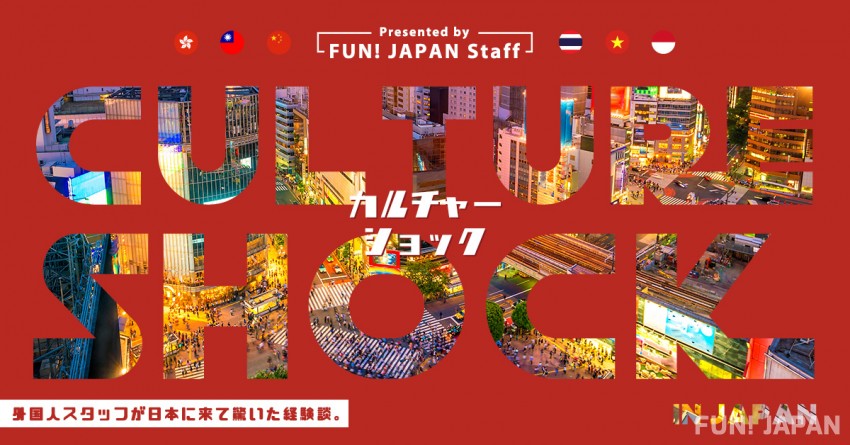
The FUN! JAPAN editorial department is a tiny international embassy.
Indonesia, Thailand, Taiwan, Hong Kong, China, and Vietnam. An international team that brings together elite people (self-proclaimed) from East and Southeast Asia. Some are veterans in Japan and some are Japanese language rookies. However, there is one thing that everyone has in common.
When we first came to Japan, we all experienced culture shock.
Below are somee episodes that we were surprised, impressed, and wondered when we came to Japan. If there are readers from the same countries, there is no doubt that you will relate to many of our stories!
The real Japan, which is different from travel, overturned our impression
Travelling to Japan (for days) differs to living in Japan (for months / years). In the past, some of us used to spend a lot of time in Japan on short trips, but once we settled down in Japan, there are many things we didn't notice anything until we started living here.
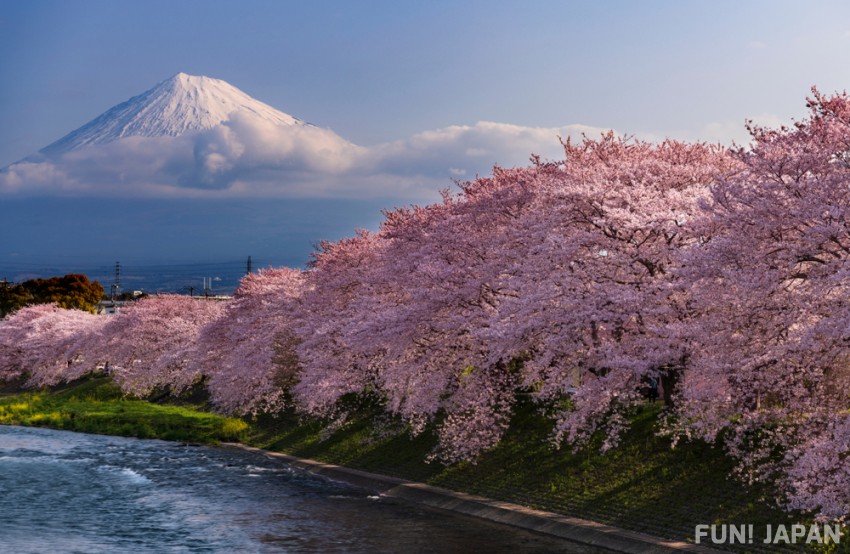
"I thought that Japan is a country with a high population density, so I thought it was mostly filled with cities, but it turns out that the mountains and forests were larger and wider than I had imagined. Especially for those who have lived in a tropical climate, I'm sure you'll be surprised by the difference of the temperature between regions of Japan." (Indonesia, male)
"Since I came to Japan, I was surprised by the changes in the four seasons. I was surprised in the good sense that there are big changes in the climate and the seasons depending on the geographical environment. Although I never had hay fever before when I lived in Taiwan, I started to struggle with hay fever from the 5th year since I came to Japan." (Taiwan, female)
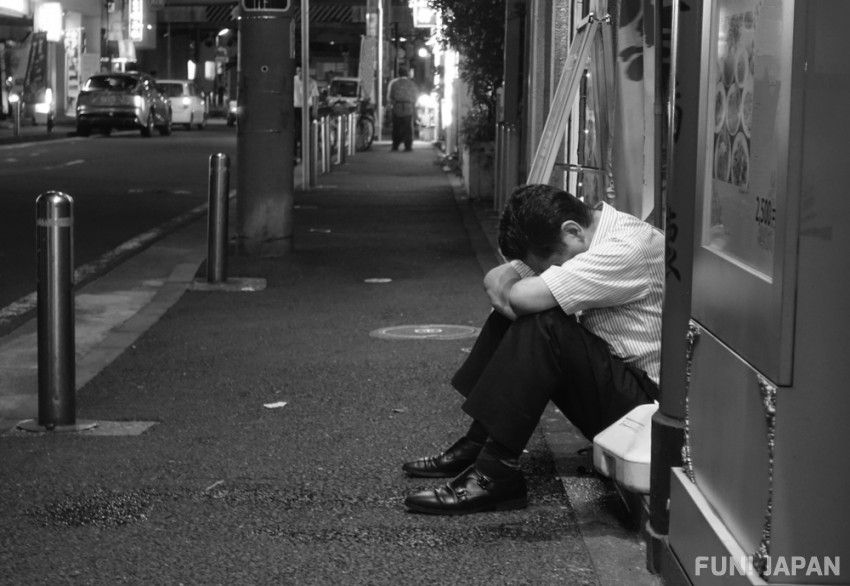
"The sight of a drunk person getting drunk on the street is shocking no matter how many times I see it. I don't know why they have to drink that much..." (Vietnam, female)
Related Articles:
- An Illness Unique to Japan?! All About Japan's "Hay Fever"
- Why Japanese People!!?? Uncovering Japan’s Mask Culture
There are more differences in habits in the living environment than Doraemon's secret gadgets
Naturally, different countries of origin have different cultures.
What kind of cultural differences and surprises lie in the four-dimensional pocket a.k.a the streets / city? Out of episodes comparable to the number of secret gadgets, we picked up a few Japanese habits that everyone talks about; the traffic manners and toilets.
About Street Manners
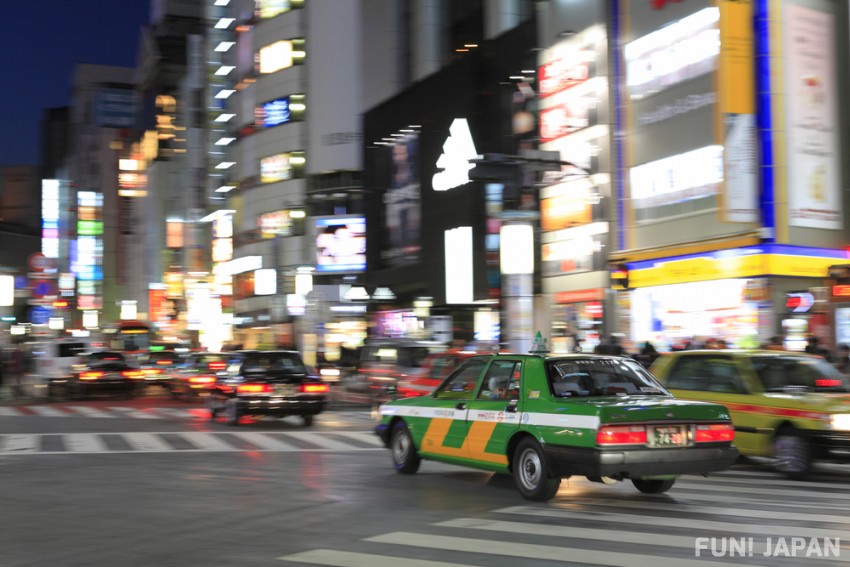
"In Taiwan, taxi doors don't open and close automatically, so I always closed them manually. On the other hand, I didn't know that in Japan the taxi door would close automatically and later learned that the driver would get angry if I closed the door without permission." (Taiwan, female)
"In Taiwan, it is basic to prioritize cars over pedestrians, but when I first came to Japan, I wasn't used to the fact that cars gรve way for pedestrians, so I stopped many times and gave way to cars instead." (Taiwan, woman)
"In Hong Kong, basically cars are prioritized as well, but when the pedestrian traffic light is green, it is unlikely that the car will drive straight ahead, so when I just came to Japan, I was panicked to see the car turns at the traffic light even though the pedestrian traffic light is green." (Hong Kong, female)
"In Japan, there are many people who do not give up their seats to the elderly and pregnant women on the bus (ignoring, pretending to sleep, focusing on smartphones). In Vietnam, there are bus crew members (people who sell bus tickets onboard), and when the elderly gets on the bus, the crew member will urge young people to "stand up!", so I feel that everyone in Vietnam has a habit of standing up naturally." (Vietnam, female)
About Toilets
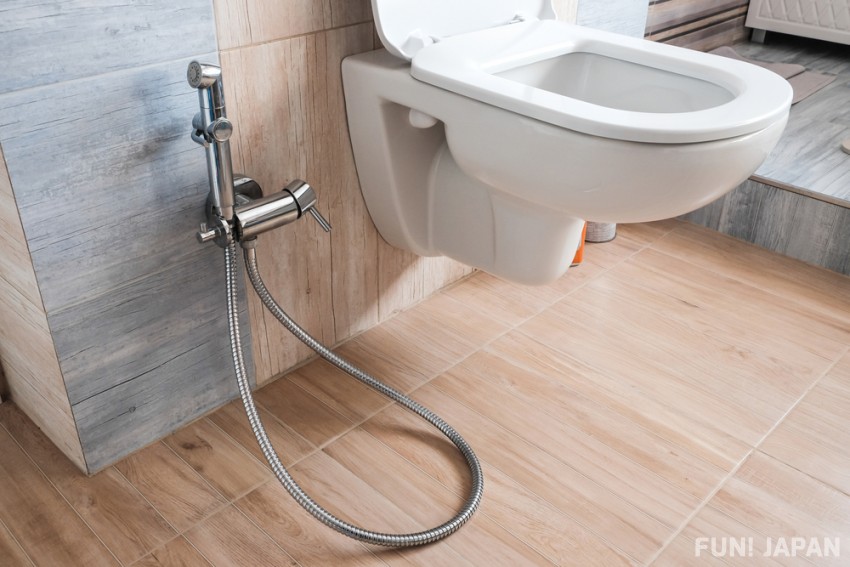
"I had never seen a washlet until I came to Japan. Western-style toilets are common in Thailand, and I use a water gun to wash them." (Thailand, female)
"I was surprised to be able to flush the toilet paper as it is. In Thailand, we don't flush the toilet paper, so I didn't know where to throw away the used toilet paper when I first came to Japan." (Thailand, female)
Related Articles:
- What are these Buttons? - Japanese Toilet and Washlet
- Let’s Take A Peek of Japanese Home Bathing Culture!
Aren't Japanese people working too hard?
One topic often talked about in countries other than Japan (both good and bad) is of course, the workplace culture.
"In Japan, I'm glad that the company pays for the transportation expenses from home to the office." - While there is a culture of paying commuting transportation expenses that is kind to your wallet, many people may have a minor image of long working hours in Japan, as the word "karoshi" (過労死 - death from overwork) exists in Japanese vocabulary (don't worry, FUN! JAPAN is a white business!). Let's compare the workplace culture of each country.
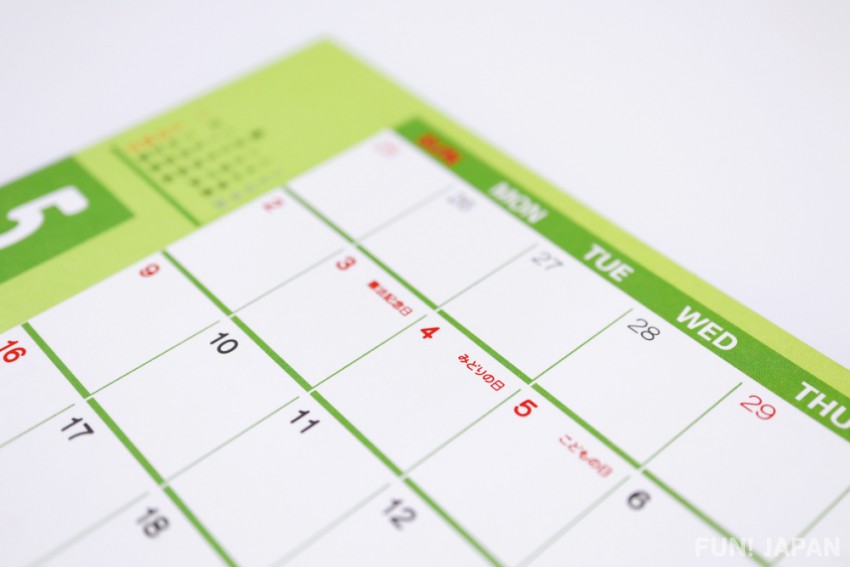
"Japan has surprisingly more public holidays and company-provided holidays compared to Taiwan. Excluding the year-end and New Year holidays, Obon holidays, and summer holidays, there are 16 public holidays a year. In contrast, in Taiwan there are only 8 holidays a year (excluding Lunar New Year and holidays set by the government). Depending on the company, in Japan you can take Obon holidays and summer holidays, and the number of paid holidays is larger than in Taiwan." (Taiwan, female)
"In Vietnam, after having lunch, everyone takes a nap until the afternoon working hours. Many people lie down on their desks, and if they are working close to home, some people take a nap at home and come back to the office. In Japan there are people who sleep occasionally, but most of them eat out for lunch and work immediately after returning, such a great focused mind." (Vietnam, female)
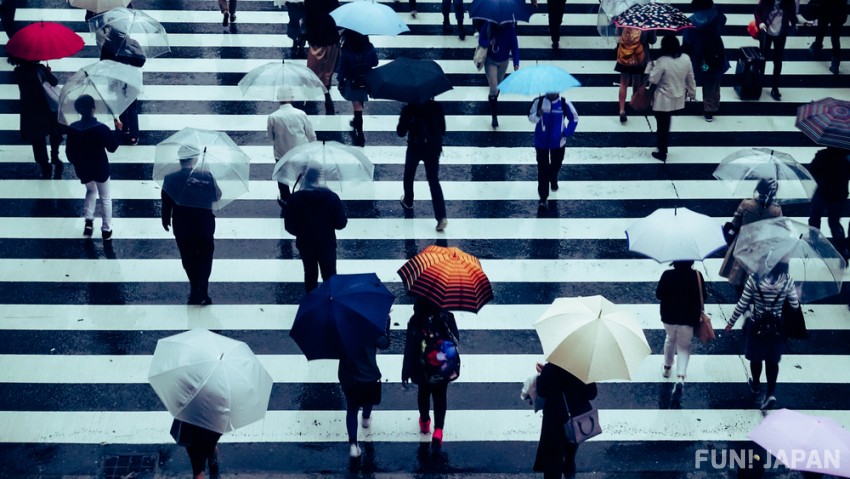
"Even if a typhoon makes a landfall directly, the companies will not be closed. In Taiwan, when a typhoon comes, if the wind power and rainfall meet certain standards, the local government will issue a" typhoon holiday" and the schools will be closed. In contrast, in Japan, the decision to close the workplace or school is often left to the municipality, company, or school itself, not to the local government." (Taiwan, male)
"The New Year's Eve situation in Japan is the exact opposite of Taiwan. In Taiwan there are many people who take a leave of absence during the year-end and New Year's Eve, so shops and tourist spots are open almost without holidays, but in Japan there are many shops and tourist spots that are closed." (Taiwan, female)
Related Articles:
- [Shopping] Coming to Japan during New Year Holiday? Don't worry! We are going to introduce locations which are open even during the new year holiday.
- What to do if a Typhoon Hits Japan While You're There? - Timing, Secondary Disasters, Alert Types, and More!
Living in Japan too long, struck by reverse culture shock
Perhaps because we have become too accustomed to life in Japan, sometimes we face "reverse culture shock (* 1)" when return to our home countries. If you start counting seriously, you may not see an end to it at all...
* 1: When you finish living in a foreign country and return to a once familiar environment, you may feel uncomfortable or shocked by the culture and environment.
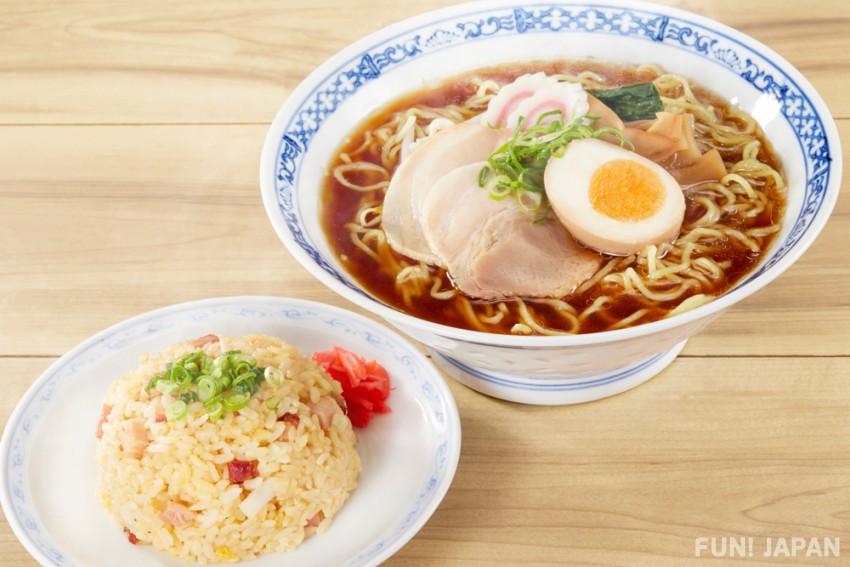
"At first, I felt uncomfortable with the habit of Japanese people eating dumplings and rice together, but now, on the contrary, when I eat dumplings, I feel the urge of eating rice. (Laughs)" (Hong Kong, female)
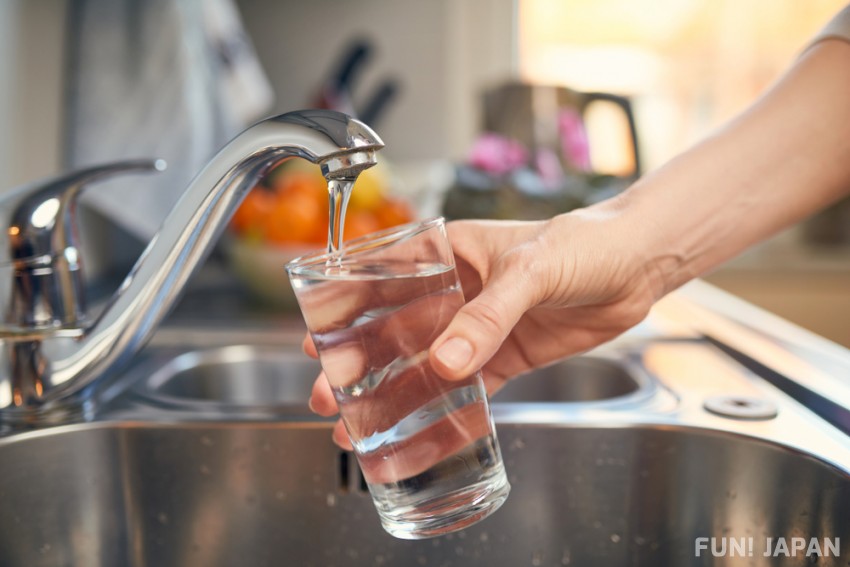
"In Japan, I had been drinking tap water directly, so when I returned to Taiwan, I was almost drinking tap water (the water quality isn't for drinking from directly)" (Taiwan, male)
"There is a charge for toilets in Thai department stores and beaches. In addition, there are places where there is no toilet paper." (Thailand, female)
"My reverse culture shock is that Thai trains and buses don't come on schedule. Recently when going out with friends, some people were late for more than 30 minutes." (Thai, male)
"I'm always worried about how to handle toilet paper. I would be thinking 'should I should just flush it down the toilet or throw it in the trash can?'" (Taiwan, female)
"Because Japanese people are considerate, they immediately say 'I'm sorry' for any trivial matter. When I visited other countries, I just said 'I'm sorry' and made the other person feel a little guilty many times..." (Indonesia, female)
If you can relate to even one of the above, please let us know in the comment section on the right!
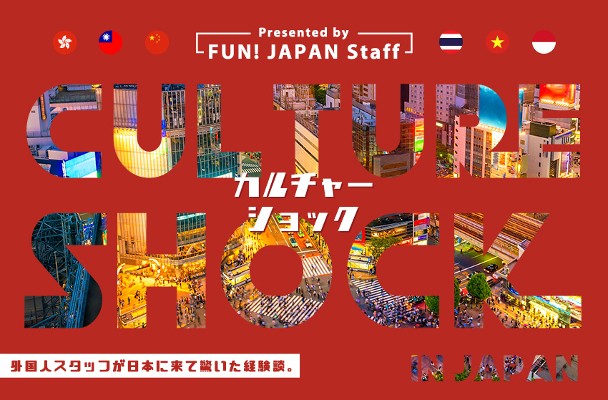
Comments